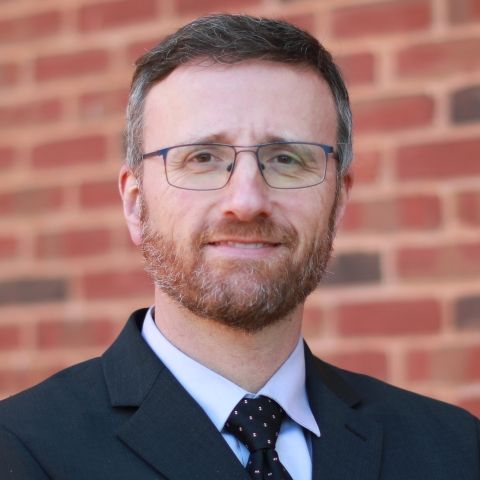
On Blind Spots, Moral Obligations, and Collective Action Problems
In addressing various options for registering prospective organ donors and creating a “disrespectfulness ranking,” MacKay and Robinson (2016) have embarked on the proposition that available options should be evaluated based on the moral right of individuals to decide what happens to their bodies after they die. Unfortunately, this pervasive view ignores the moral duty of people to decide what happens to their bodies after they die. Acknowledging such a duty has far-reaching implications, according to the authors’ own analysis and beyond, taking into consideration collective action and the unintentional free riding problems.